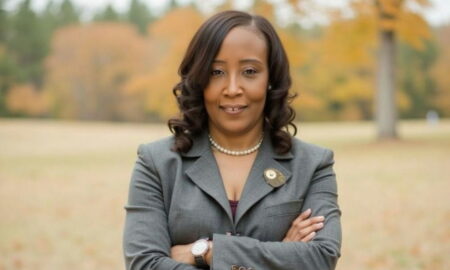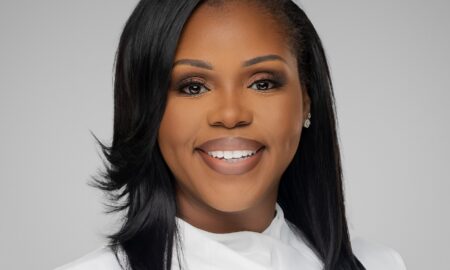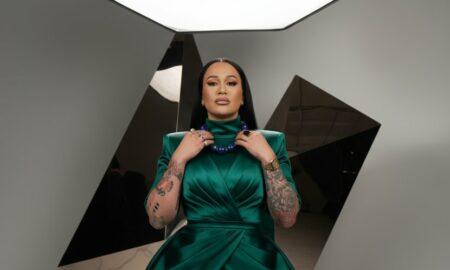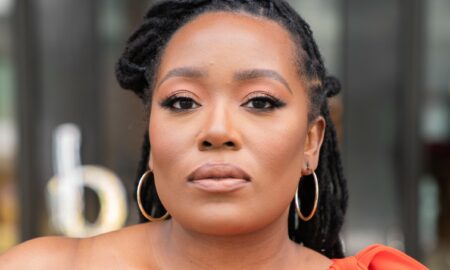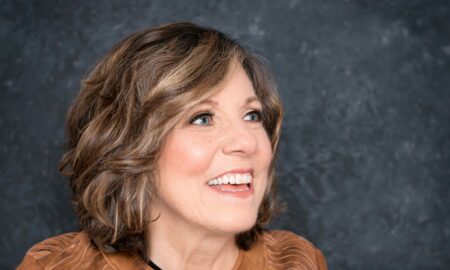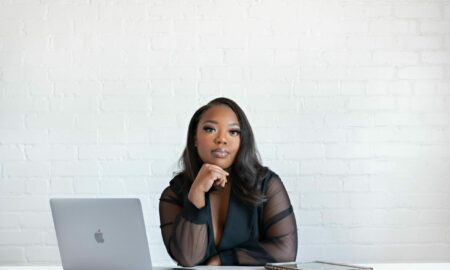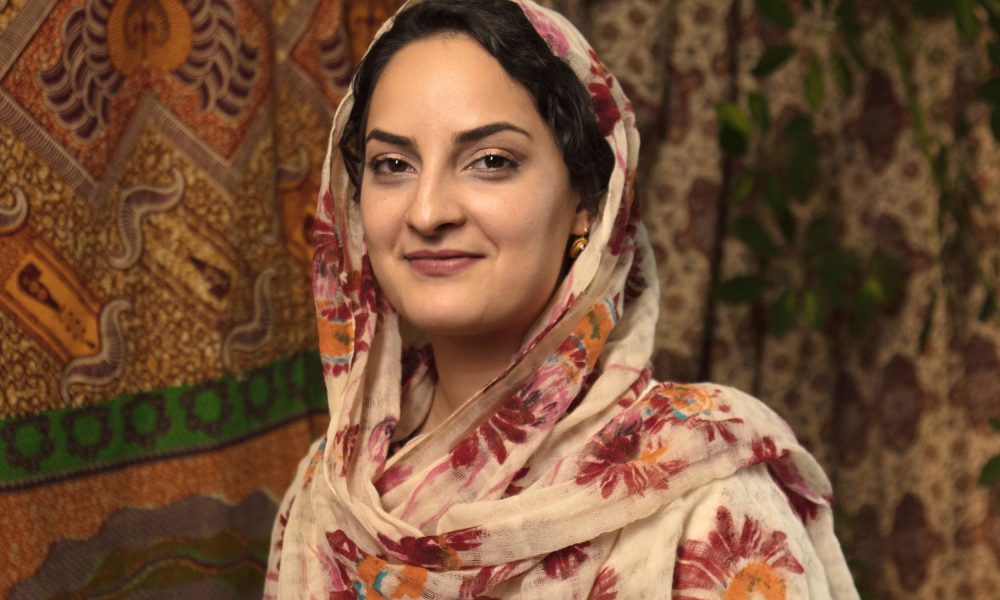

Today we’d like to introduce you to Sara Zahra Meghdari.
So, before we jump into specific questions about the business, why don’t you give us some details about you and your story.
I was born and raised in the Islamic Republic of Iran by my Christian American mother and Muslim Iranian father. In 2004, when I was seventeen, my parents decided it was best that I along with my brother and sister move to the United States to continue our education. Moving to the US, where the general perception of Islam and the Middle East is very negative, proved to be arduous. Being confronted by this negativity caused a lot of frustrations, anger, and many challenges. However, it also created a motivation to spread positive thoughts and ideas and allow people a chance to understand rather than to make judgments. Learning how to go through these struggles, is where my work as an artist began.
Looking back, one of the things that have helped me get through it all is continuing to discover the range of my passion in creating things. I am driven by my bicultural background as an Iranian-American woman and enjoy making images, videos, and multimedia installations that can visually communicate my narrative and perspective. Since moving to the US, I have been able to complete a B.A. in Communication from the University of Colorado and an M.F.A. in Photography, Video & Related Media from the School of Visual Arts in New York City. I am a co-founder of et.alia, an International Womxns Artist Collective that has participated in various group exhibitions and continues to be a system of support for one another. Currently, I am based in Brooklyn and my works have been included at the Clemente Soto Vélez Cultural & Educational Center, the 10th Annual Governors Island Art Fair, and the Queens Museum of Art, among others.
Great, so let’s dig a little deeper into the story – has it been an easy path overall and if not, what were the challenges you’ve had to overcome?
There have been many struggles along the way with my family, health, finances, and finding work as a woman in a field that is dominated by white men. However, through every struggle, I have been able to gain a stronger sense of purpose and found a lot of courage in overcoming them. My advice to young women is to expect that there will be struggles and know that you have the power and strength to learn from and conquer them.
Please tell us more about your work, what you are currently focused on and most proud of.
Working in the dimensions of photography, video, and installation, my artwork aims to create narratives that can transcend and complicate difference. I grew up in a bilingual home and my parents thought it important to learn about both religions and traditions and to have close relationships with both sides of our extended families. As a household, we would fast during Ramadan as well as celebrate Christmas in December. Being exposed to different cultures from two countries of conflict, at a young age and prior to the internet being accessible in homes, acted as an introduction to the complexities behind societal “truths” and/or “myths.” My work is informed by the awareness of these intricacies in human behavior and witnessing it be a result of political, religious, and visual propaganda. Ultimately, the lack of an alternative reality and experience is designed to cause conflict in order to contribute to a political agenda. Later moving to America, I discovered the same patterns and strategies not only existing in the United States but deeply rooted in how this country was founded.
Living in the US as a person that identifies as both Muslim & Christian, Iranian and American, I sometimes feel alienated by both groups as not being fully either. This feeling of constant displacement has led me to strive towards creating an environment or third space through my art, that I can comfortably exist in and navigate. I feel that this duality in consciousness, language and culture is becoming more common and specifically in the United States, is likely to be the inevitable future. The Palestinian poet and author, Mahmoud Darwish is able to articulate this sentiment beautifully in his Farewell poem to Edward Said, here is a short excerpt:
“He loves a country and he leaves.
[Is the impossible far off?]
He loves leaving to things unknown.
By traveling freely across cultures
those in search of the human essence
may find a space for all to sit…
Here a margin advances. Or a centre
retreats. Where East is not strictly east,
and West is not strictly west,
where identity is open onto plurality,
not a fort or a trench”
Finding a mentor and building a network are often cited in studies as a major factor impacting one’s success. Do you have any advice or lessons to share regarding finding a mentor or networking in general?
My first artist mentor was a teacher at the University of Colorado, by the name of Corey Drieth. He was the first person to ever call me an artist and at the time, I’m not sure he was aware of the influence those words had on me but they were incredibly powerful as it allowed me to see a future for myself that I had never imagined before. I believe it is important to try to surround yourself with people that believe in you and want to see you succeed. I believe that mentorship and a solid network of support are integral in life and especially in the arts. Nothing can be done alone. We should strive to help raise one another and continue to contribute to the community that has helped us grow.
Contact Info:
- Website: www.szmeghdari.com
- Instagram: @szmeghdari





 Image Credit:
Image Credit:
Personal Photo: Tiffany Smith
Getting in touch: VoyageATL is built on recommendations from the community; it’s how we uncover hidden gems, so if you know someone who deserves recognition please let us know here.













